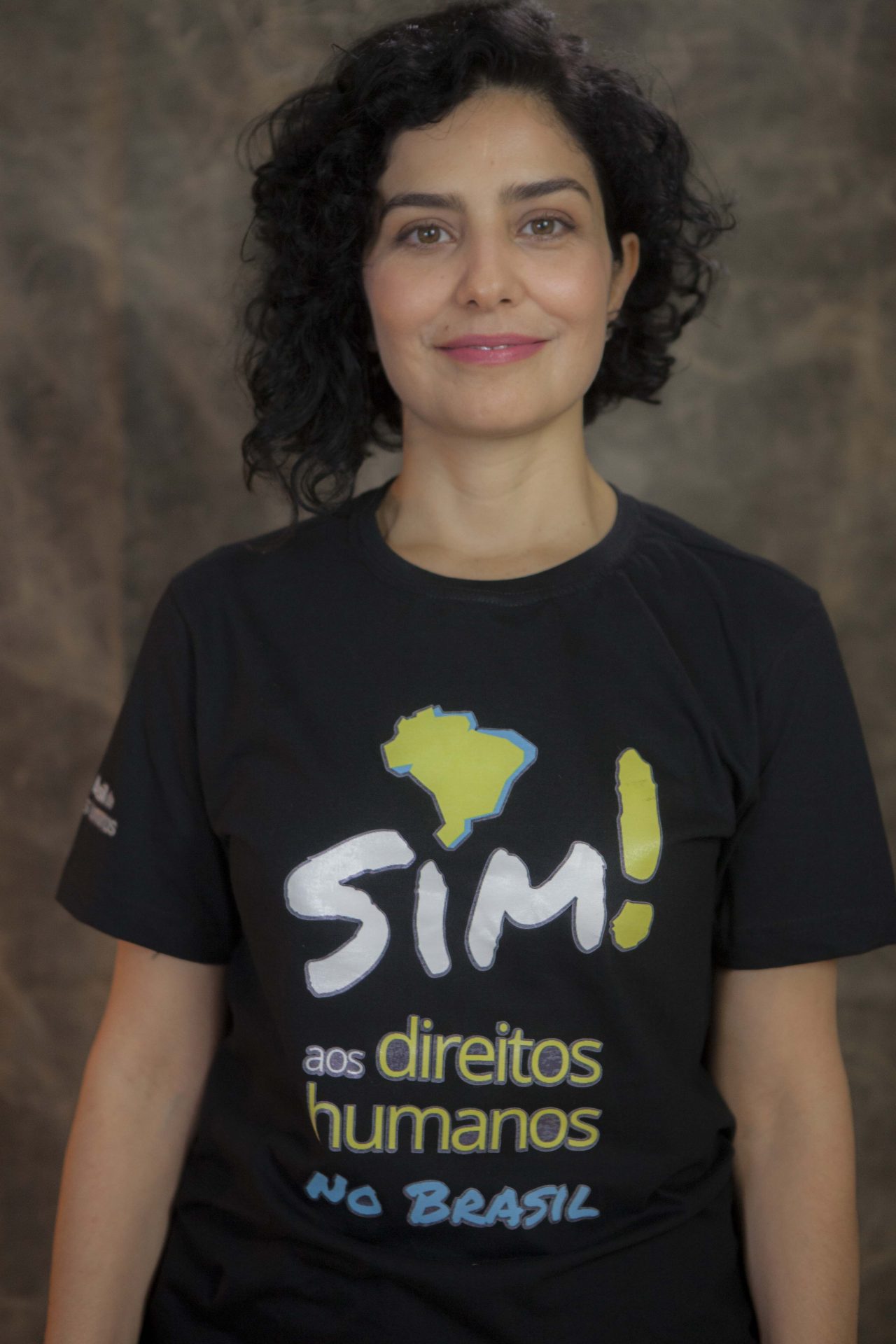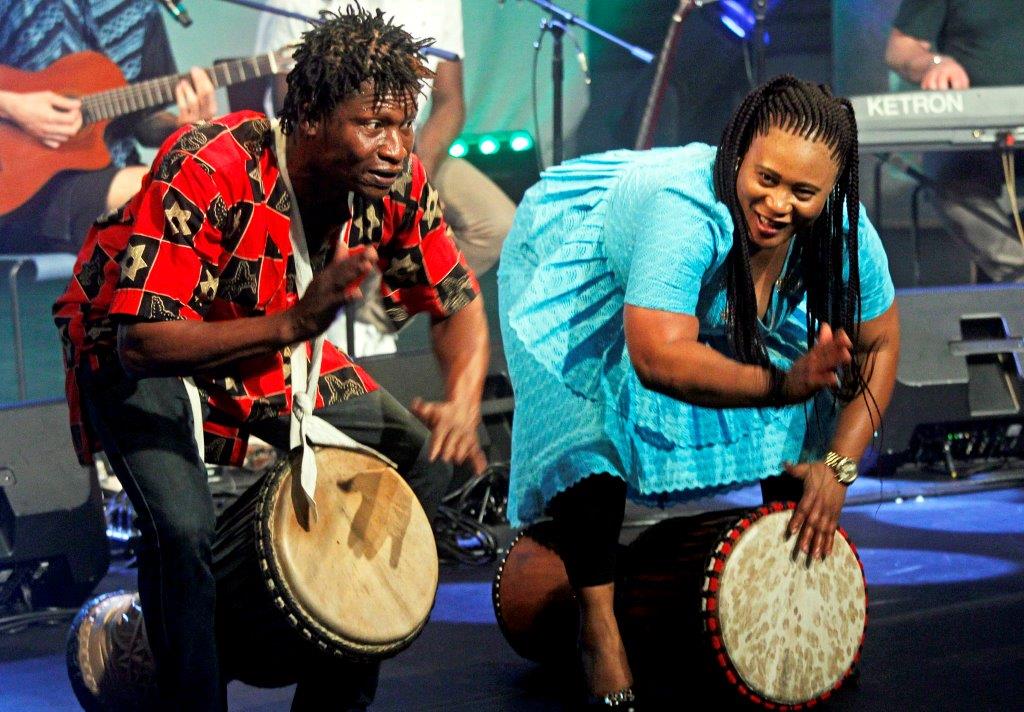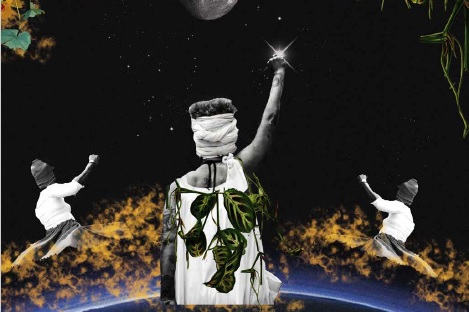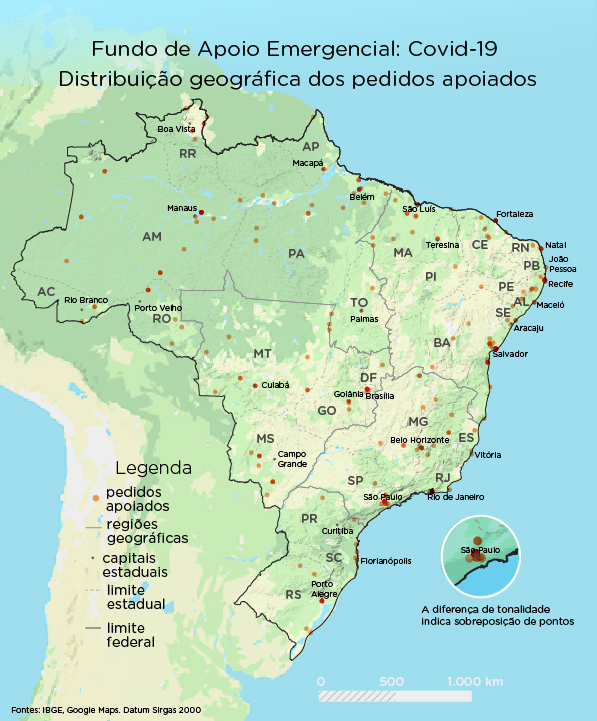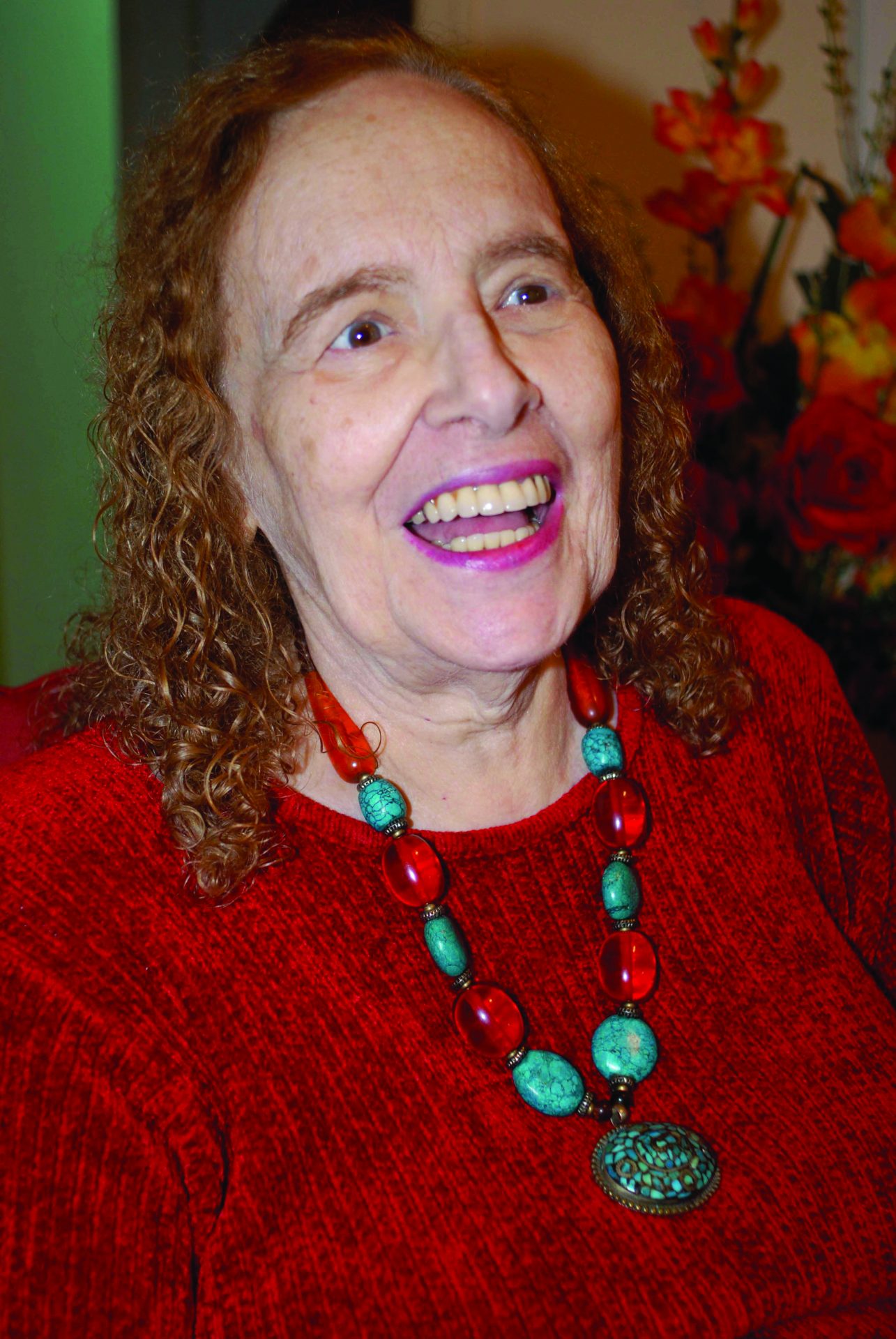 “There is no true struggle for human rights without also focusing on the rights of women. Often these rights are hidden in violent daily routines that everyone finds totally natural. Every day, without exception, we must reflect on this.”
“There is no true struggle for human rights without also focusing on the rights of women. Often these rights are hidden in violent daily routines that everyone finds totally natural. Every day, without exception, we must reflect on this.”
Rose Marie Muraro (1930-2014)
Rose Marie Muraro was a pioneer of the Brazilian feminist movement. Her free-thinking ideas shattered paradigms and brought with them a new perspective on social justice. Her actions contributed to the mobilization of civil society in the country and garnered international attention.
Everyone at the Brazil Human Rights Fund feels honored to have had contact with and support from Rose Marie in the creation of the foundation, along with Abdias do Nascimento (1914-2011), Margarida Genevois and Dom Pedro Casaldáliga. We revere the feminist writer for her life which inspired many generations of activists. And it is for her sake that we, along with many other human rights activists, will carry on in our work seeking to transform society.
In our five-year anniversary commemorative publication, there is a special feature in her honor. See the English version here!
Brief history
Rose Marie Muraro was on the frontlines of the foundation of the Women’s Liberation Movement and the Liberation Theology Movement, together with the theologian Leonardo Boff. Over the past forty years, she wrote over thirty books, such as Automation of the future of man (1966), Sexual Liberation of Women (1975) and Sexuality of the Brazilian Woman: Body and social class in Brazil (1983).
Born almost blind, she recovered only her vision at the age of 66. She was diagnosed with myeloma ten years ago and passed away on June 21, 2014 at the age of 83, due to complications following chemotherapy. Her funderal was held at the Memorial do Carmo, in Rio de Janeiro, and her body was cremated on June 22.
Testimonials
“The history of feminism in Brazil can be divided in two: before and after Rose Marie Muraro. She was able to foment, in our country, the international debate on sexuality and control over the body. As an activist she was a woman of strong political action and courage who placed herself in the struggle for the defense of women’s rights and who inspires us to follow in this journey. At the same time, she was capable of proposing innovative reflections on the position of women, the structural factors that define it and what ought to be transformed. Her books are essential even today for anyone who wants a strong foundation in this area.”
Denise Dora, board member and trustee of the Brazil Human Rights Fund
“I met Rose Marie in the 1970s, when feminism had arisen as a political movement in Brazil. She was a reference for all of us who were inaugurating this agenda. I had the privilege of sharing time with her on the National Women’s Council, a very active organ in defense of women’s rights during the Constituency. We resigned our posts together, in 1989, in protest against the interference by the Ministry of Justice in the autonomy of the body. In the last decade, at the end of the Lula government, we were honored as founding members of the Casa da Mulher Brasileira. She was already quite disabled, in a wheelchair, but she still had a force, a perseverance and many plans. Rose Marie was a woman with many dimensions, and if I had to describe her in one word, it would be ‘boldness.’ She was always a courageous woman, always attentive to the future.”
Jacqueline Pitanguy, board member, ex-president of the Brazil Human Rights Fund Board of Trustees






















